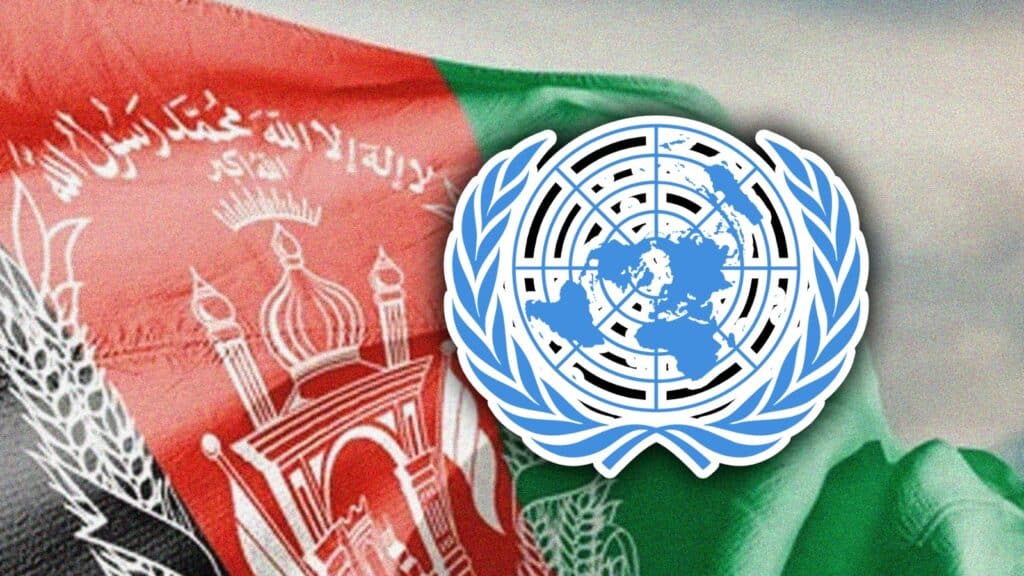A new report by the United Nations Interregional Crime and Justice Research Institute (UNICRI) warns of escalating security risks in Afghanistan following the Taliban’s takeover in 2021.
The report highlights three key concerns: internal fragmentation within the Taliban, increased activity of global terrorist groups like Al-Qaida and IS-KP, and the rise of anti-Taliban resistance movements.
According to the report, there are currently 14 active non-Afghan terrorist and violent extremist groups operating within Afghanistan, taking advantage of the Taliban’s return to power. These groups, though originating from outside Afghanistan, have established a strong presence in the country due to ideological alignment, familial ties, and operational cooperation with both each other and various factions within the Taliban. Their interconnected networks allow for mutual support, resource sharing, and coordinated campaigns of violence and extremism. This growing nexus of transnational terrorism poses a serious threat not only to regional stability but also to global security. The Taliban’s close ties with international terrorist networks could turn Afghanistan into a safe haven for global extremist operations. It notes that Al-Qaida, in particular, has gained greater operational freedom under Taliban rule.
UNICRI also examines how the Taliban is financing its regime—through state revenues, foreign aid, and illicit financial channels—and analyzes the impact of international sanctions on Afghan civilians.
The report urges the global community and the UN to intensify efforts to address the shifting threats in Afghanistan, calling for strategic, coordinated responses to prevent further destabilization.





